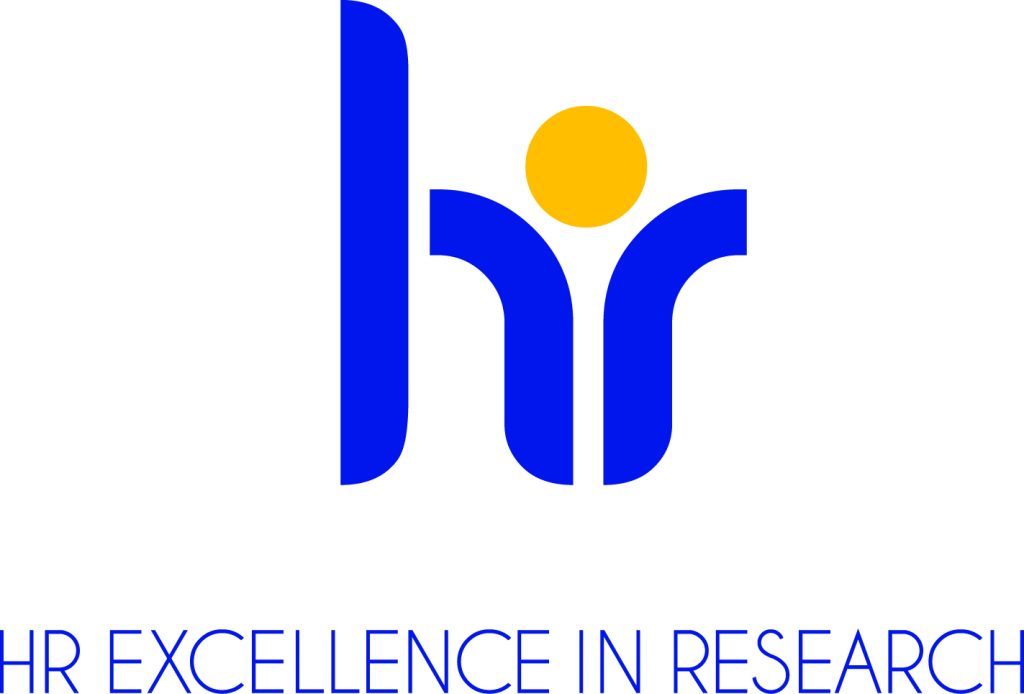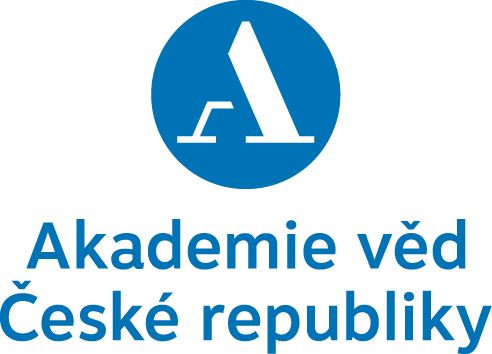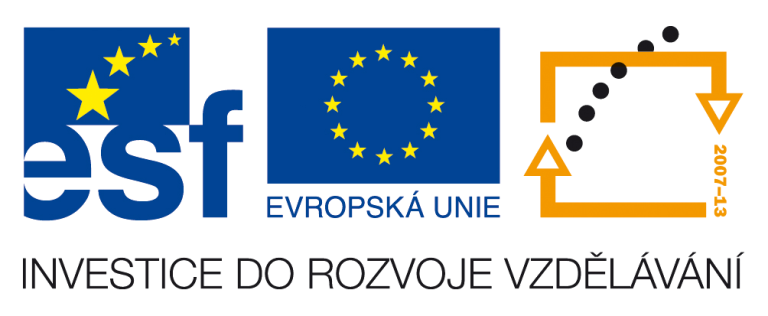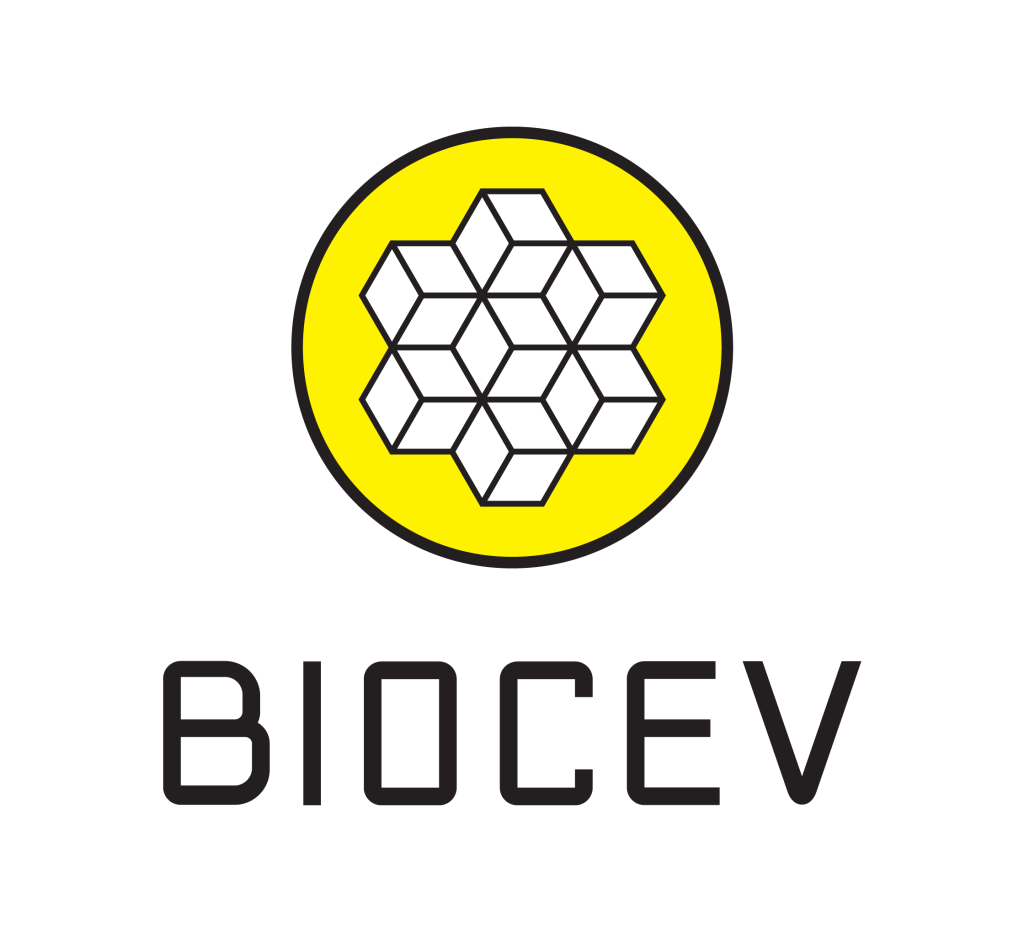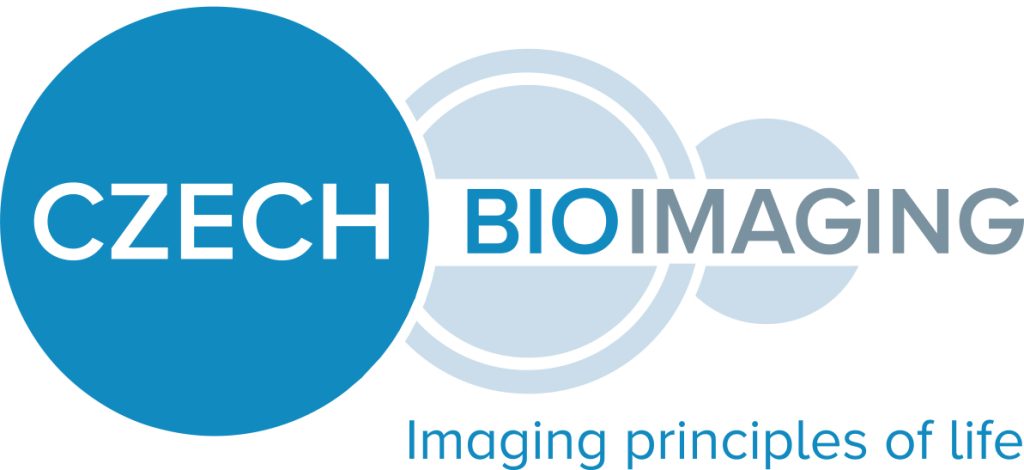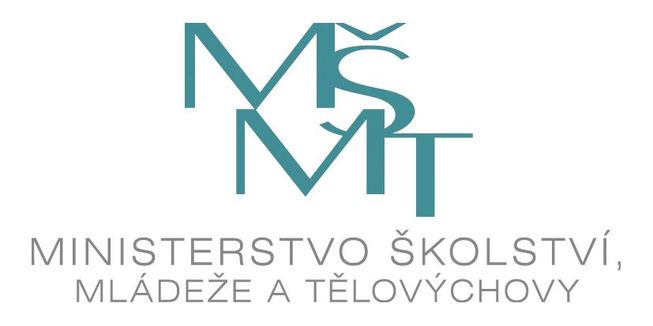Maternal infection during pregnancy is a known risk factor for the development of schizophrenia. This can be modeled in animals using maternal immune activation (MIA), which induces neurodevelopmental and behavioral abnormalities in the offspring that resemble schizophrenia-like symptoms.
Our previous studies have shown that the rat MIA model exhibits a reduction in parvalbumin-expressing (PV+) interneurons — a deficit also observed in patients with schizophrenia.
This collaborative project of National Mental Health Institute (Klecany) and Institute of Physiology aims to:
- characterize the developmental trajectory of PV+ interneurons in the MIA model,
- use chemogenetic tools to test whether manipulating their activity can modulate schizophrenia-like symptoms.
Enhancing PV+ interneuron activity may alleviate behavioral and electrophysiological deficits in MIA animals, while inhibiting their function in healthy controls may induce similar symptoms. The project seeks to clarify the causal role of these interneurons in schizophrenia pathophysiology.
This project is supported by the Czech Science Foundation grant GA23-06546S.

